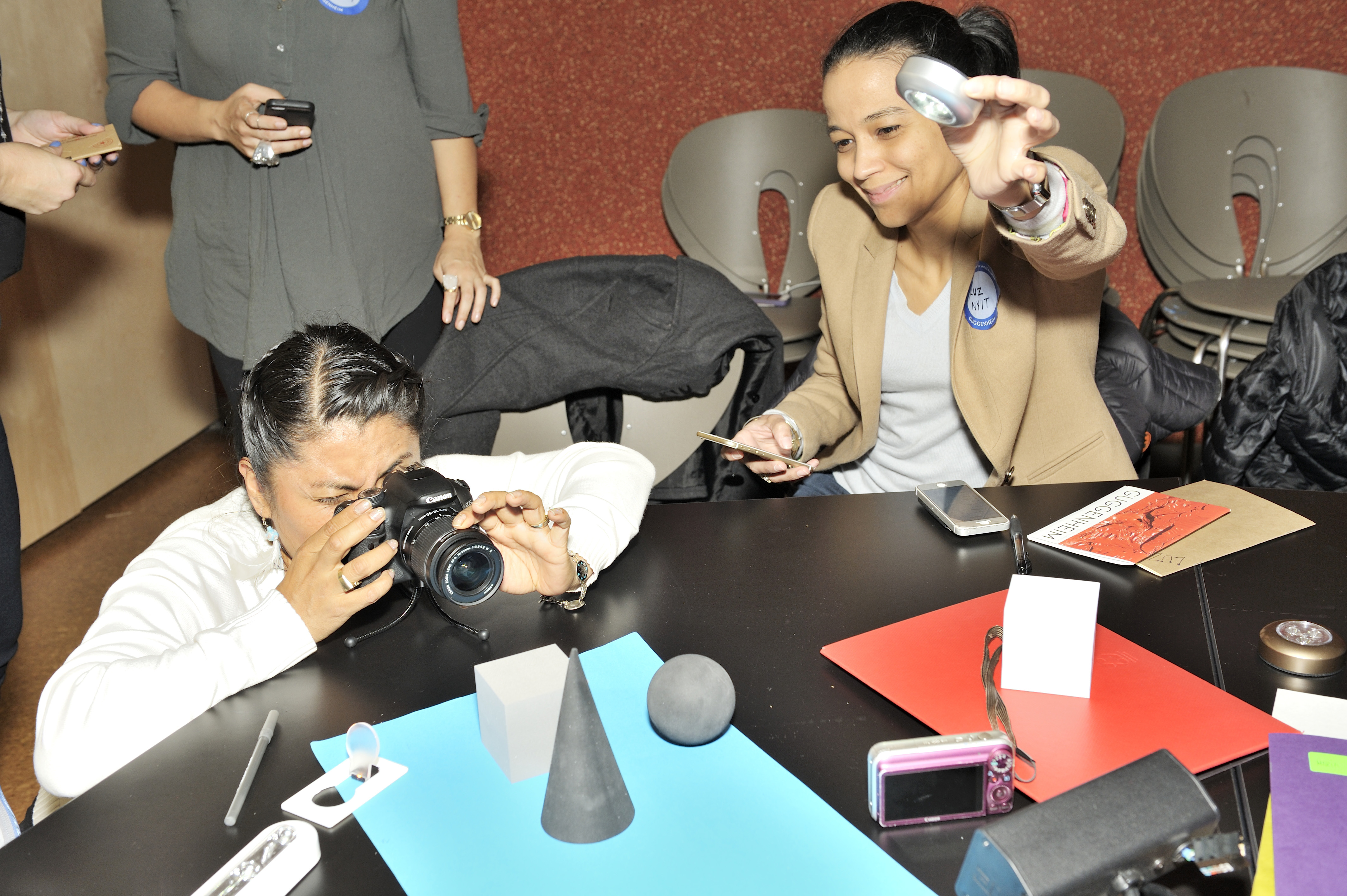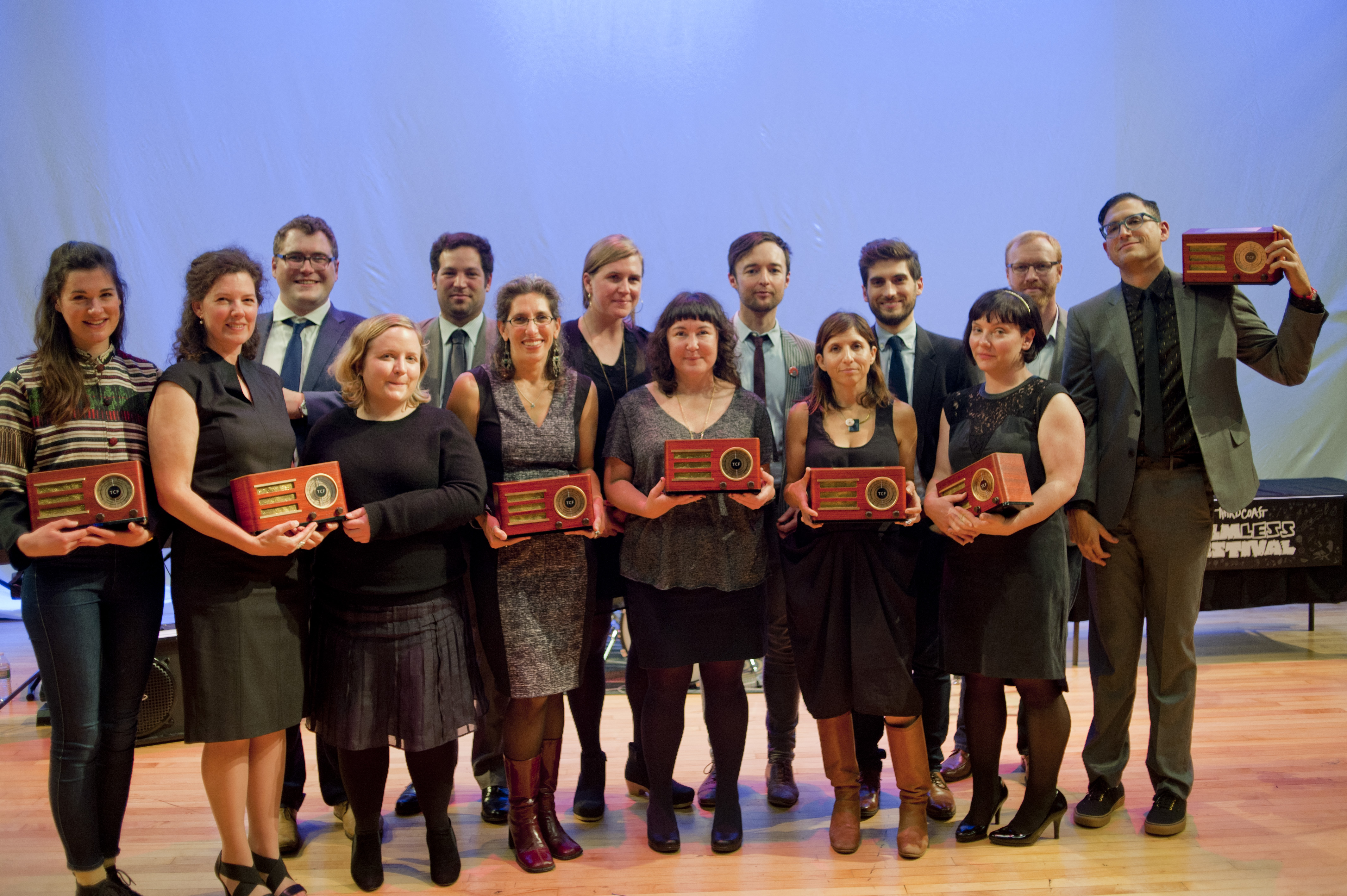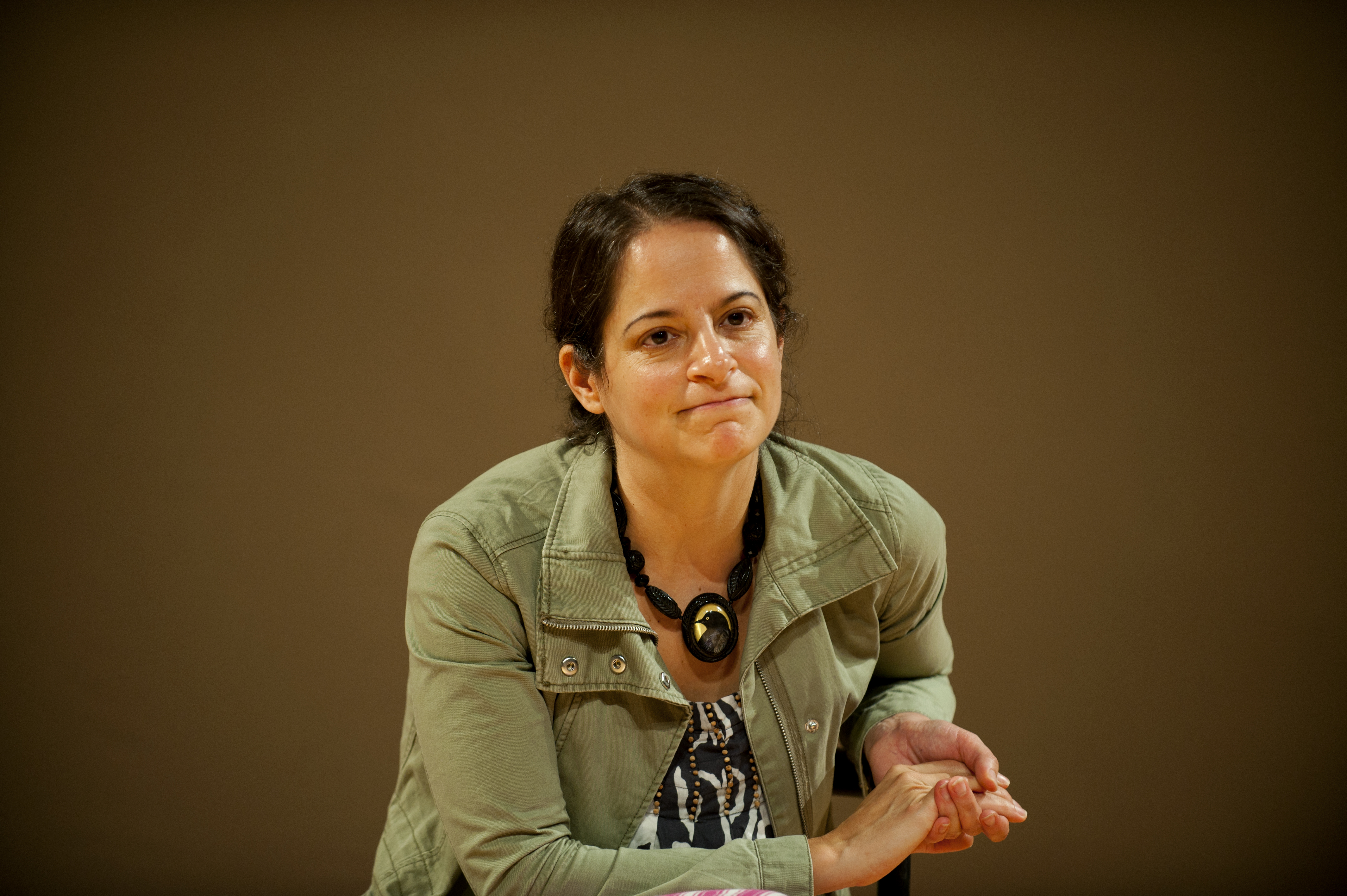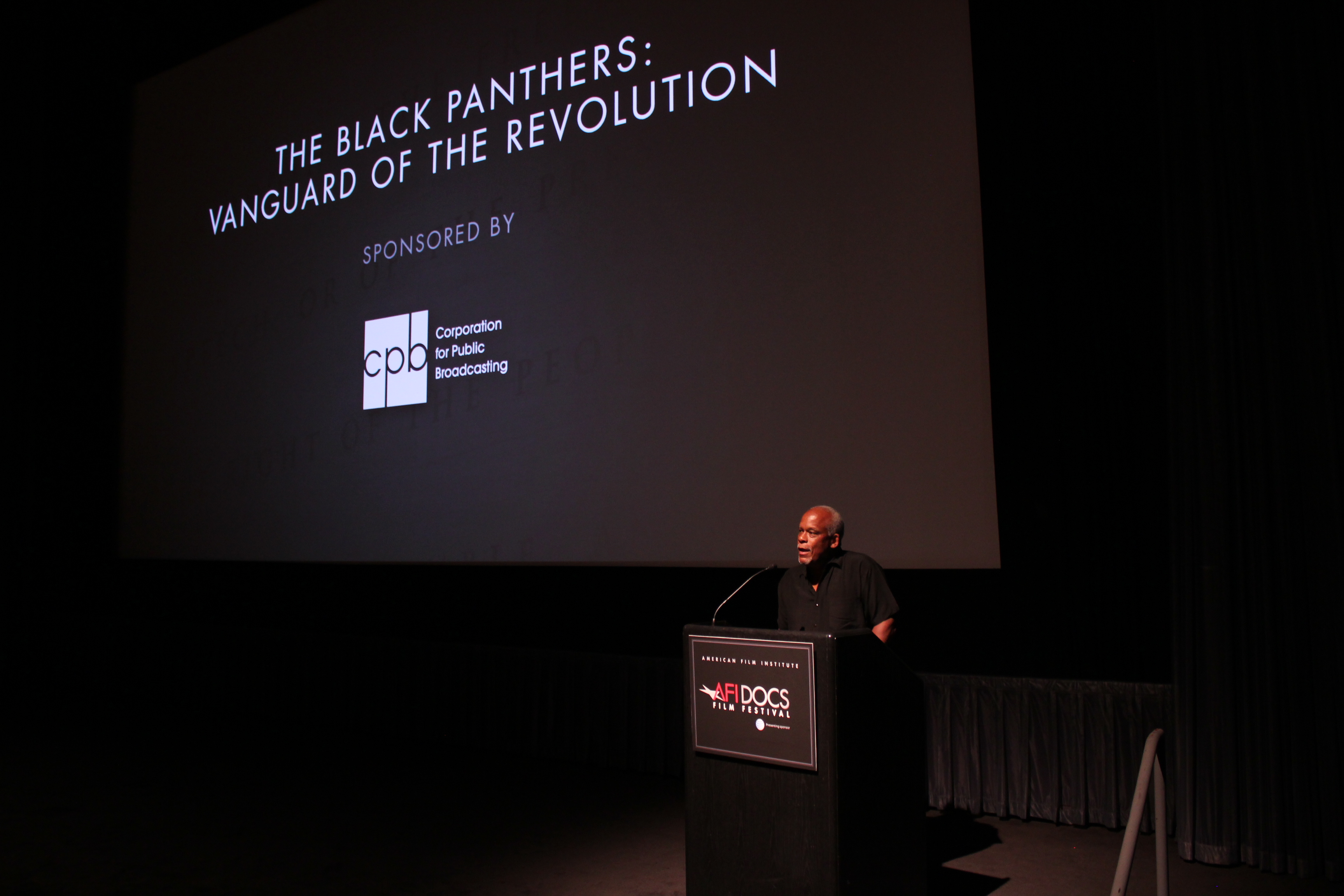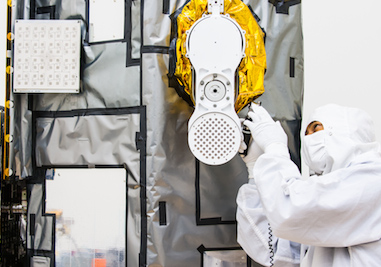Author: Andrew Lapin
As Philadelphia newspapers turn to nonprofits, who is ‘public media’?
The arrival of a new institute expands the city’s “vibrant economy” of publicly supported journalism.By Andrew LapinApril 20, 2016‘American Masters’ pursues Latino audiences with events, social media efforts
The push centered on a documentary about influential photographer Pedro E. Guerrero.By Andrew LapinDecember 16, 2015For first time, podcasts beat traditional radio at Third Coast awards
The Radiotopia podcast collective made the biggest splash, taking home three awards.By Andrew LapinOctober 26, 2015Spiegel: New ‘Invisibilia’ season won’t premiere until at least spring 2016
“Doing these kinds of shows takes a really long time,” said the show’s co-creator.By Andrew LapinOctober 26, 2015CBC, PRI hope to leave past behind as Shad settles into host chair at ‘q’
With a new voice and lower-case title, the Canadian network is updating its most popular export to the U.S.By Andrew LapinSeptember 21, 2015AFI honors Stanley Nelson, public TV’s ‘filmmaker of black experience’
Though Nelson didn’t particularly take to that title.By Andrew LapinJune 22, 2015Tuesday roundup: Alex Blumberg records his start-up; Personal Audio prepares for trial
Plus: PBS is added to Amazon Fire TV, and NPR's Bob Boilen shares concert tips.By Andrew LapinSeptember 9, 2014Plane crash claims lives of two WXXI board members, major donors
Two major donors and board members of Rochester, N.Y., dual licensee WXXI died Sept. 5 after their plane crashed in the ocean ...By Andrew LapinSeptember 8, 2014NPR adds social components, stand-alone site to Local Stories Project
After launching with one station in 2011, the social media–driven project now has 36 participating stations.By Andrew LapinSeptember 5, 2014Times Square’s unlicensed Elmos spell headaches for Sesame Workshop
Unruly street performers have prompted the children's TV producer to consider legal action and a city councilman to propose a new law.By Andrew LapinSeptember 5, 2014Thursday roundup: Charlie Rose makes for healthier viewing; Sagal opens up on The Moth
Plus: Jesse Thorn discusses the businesses of podcasting and radio, and a blogger argues for the greatness of Ken Burns.By Andrew LapinSeptember 4, 2014Friends group of Miami’s WLRN fires CEO Victor Kendall
Kendall had been with the organization since June 2012.By Andrew LapinSeptember 3, 2014William Greaves, documentary filmmaker and Black Journal EP, dies at 87
William Greaves, a documentary filmmaker and executive producer and co-host of a pioneering public TV show for African-Americans, died Monday at his ...By Andrew LapinAugust 28, 2014New podcast network from APM includes six new shows
Infinite Guest, a new podcast network from American Public Media, brings together feeds of broadcast programs, existing podcasts and new shows in ...By Andrew LapinAugust 27, 2014Crowdsourced climate-reporting project iSeeChange aims to expand with new partners
Partnerships with NASA and a research initiative in Northern California will take iSeeChange beyond its roots in Colorado.By Andrew LapinAugust 27, 2014



